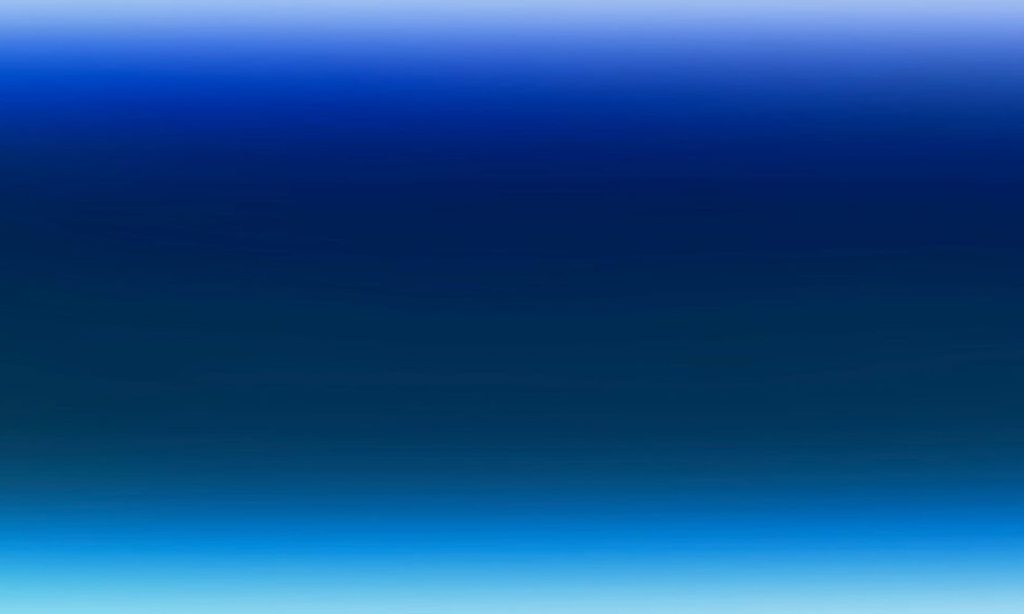Interview 1 with Jia, work in Nantong Local Centers for Disease Control and Prevention
Interview 2 with Isabella Wu, work as programmer in communication engineering field
https://docs.google.com/document/d/1YmGb0OZZ8EnkDX0cSIAK5hdlrX3cQikM-WCGucs8sZc/edit?usp=sharing
The members of our group come from a variety of completely different professional backgrounds: communication science, finance, fashion, fine art …. So we discussed our visions of future works from our own perspectives: Wellbeing, Hybrid, Enjoyment, Sustainability, Relationships- Community, Humanity, Justice… This diversity of thought inspired us to think about our project using agriculture as a lens and metaphor.
Our definition about ” Agriculture” in our project:
Methodology and mentality can be applied into corporate and ultra-modern workspaces, mentalities. Farming ideas, farming creativity, farming culture – network to the humanity, incubator for projects.
Rooting, taking time to take care and mature, a process and involved with what you’re doing, giving the chance for things to be ripe and great to NURTURE.
We believe that although AI technology has many ethical hidden downsides in the future, we as individuals can use it as a tool to think positively about the progressive impact it will have. For example, in the future, with the support of AI technology, people can choose a variety of jobs or save time at work and develop their own hobbies.
In a nutshell, our interview was based on the theme of culture as a lens, around freelance and future work.
Based on the topic set by our tutor group about freelancers, I interviewed people in two workplaces, one from the government system, working in a more conventional way, and the other from a communications engineering company, working as a programmer. To find out their attitude about Job satisfaction, Ideas for future work, Thoughts on Freelance and I also asked questions about advanced technology (optimistic or pessimistic/replacement).
Because of the difference in their workplaces, their answers were very different.
Interviewee 1 is very dissatisfied with her current job because of the rigidity of her work pattern, she thinks that a large part of her current job is meaningless and if she had the chance she would love to try freelancing and try something that is useful and inspiring to society, not work full of instrumentalist. But when it comes to the impact of advanced technology such as AI on the future of her work, she takes a negative view because she believes that China needs class, as does the Chinese government system. Much of the work that unfolds requires not just efficiency and quality, even no quality, because it involves worldly wisdom, something that AI cannot handle. This reminds me of what was mentioned in my week6 reading<Inventing the future>: “Yet, for all the glossy sheen of our technological era, we remain bound by an old and obsolete set of social relations. We continue to work long hours, commuting further, to perform tasks that feel increasingly meaningless…… The glimmers of a better future are trampled and forgotten under the pressures of an increasingly precarious and demanding world. And each day, we return to work as normal: exhausted, anxious, stressed and frustrated.”
Interviewee 2 is content with her current job because of the pace and distance of the social at work, and she doesn’t like freelance because she thinks it’s too free, maybe not on schedule, and there will be less collaboration and social contact. She believes that it is completely impossible for AI to replace her work as it is only a tool.“AI actually does the work of replication, the work from 0 to 1 has to be done by real people. AI is actually called machine learning by its professional name, and it is called learning for a reason: it has to learn on material that is already there, and there is no way to talk about learning if you don’t have the basic knowledge you already have, etc.” She also believes that advances in technology have a cost and that some people’s jobs may be replaced, but that overall humans are still the ones using the tools. In her interview I noticed the point of social connection, which is one of the reasons why “people don’t want to be freelancers” that we didn’t consider in our previous vision of freelancing.

